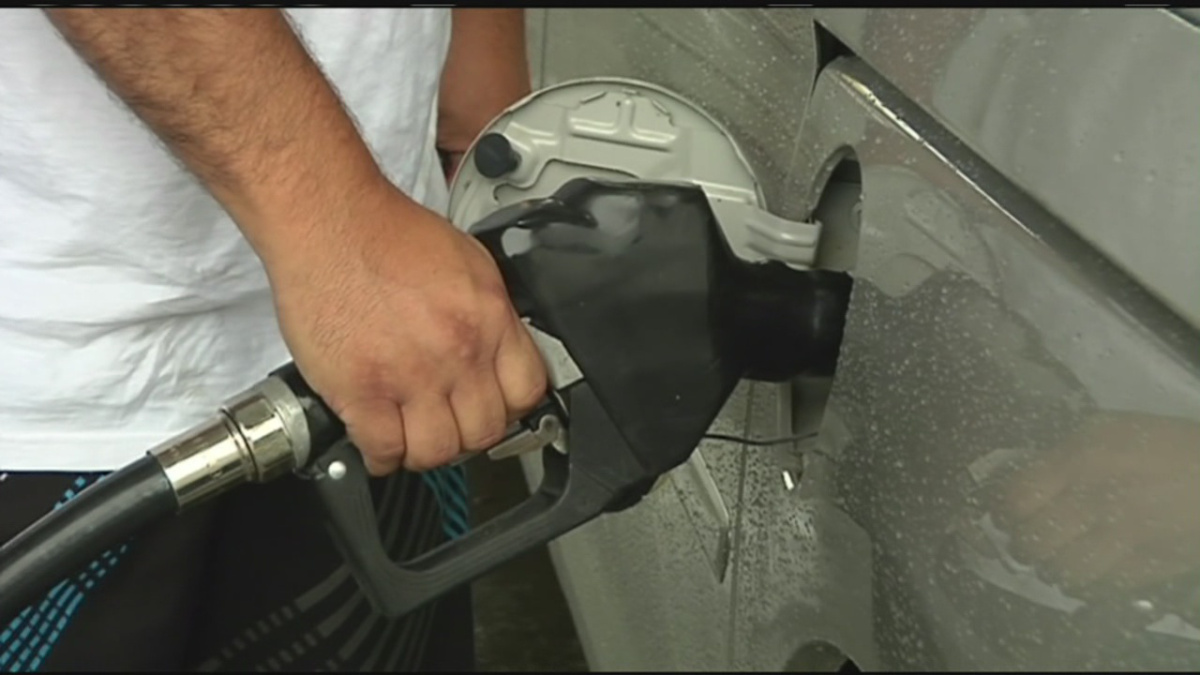A new report from the Tennessee Higher Education Commission (THEC) presented to the Legislature earlier this week has the education community scrambling to explain how, despite hundreds of millions of dollars in new spending over the past eight years, Tennessee schools are not adequately preparing college-bound students for college work. New state data reveals about half of Tennessee students enrolled in higher education during the 2016-2017 school year needed remedial classes in math or reading, or both, during their fist year of college. According to the THEC report, 46 percent of Tennessee high school graduates enrolled in state colleges or community colleges needed math remediation; 30 percent of enrollees needed reading remediation during their first year of college. Students must take remedial classes if they score 18 (out of a top score of 36) or below on an ACT subtest in math or reading. The disturbing data revealing the lack of readiness by college-bound students does not include Tennessee high school students that did not seek to pursue higher education opportunities. The percentages of those students who would need remedial work in math and reading after completing K-12 but did not enroll in Tennessee colleges and universities would almost certainly…
Read the full storyCategory: Grassroots Pundit
State Rep. Courtney Rogers Proposes Bill to Let Citizens Request Public Records Via Email
State Rep. Courtney Rogers (R-Goodlettsville) has introduced a bill, HB 58, which allows requests for public information to be submitted by all official modes of communication, including in person, via telephone, fax, email or other electronic means. “Public Records – As introduced, requires a records custodian, if that records custodian requires a request for copies of public records to be in writing, to accept a handwritten request submitted in person or by mail, an email request, or a request on an electronic form submitted online; requires a request for a records request form to be provided by the most expeditious means possible,” the Tennessee General Assembly website says of the bill. Rep. Rogers told the House State Government Subcommittee during hearings last week that her revisions seek to make it easier for the general public to make their information requests. In addition, she said, her bill will eliminate current ambiguities in the law to help prevent lawsuits in the future. The bill passed in that subcommittee on Tuesday, but not without some controversy that could impact its passage at the full State Government Committee meeting next week. The Tennessee Public Records Act (TPRA) is a compilation of Tennessee Code Annotated…
Read the full storyGrassroots Pundit: The Governor’s Over-Engineered Plan for a Gas Tax Increase
After two consecutive losses on the Insure Tennessee front, Governor Haslam designed a better plan for his gas tax increase, packaging it as his IMPROVE (Improving Manufacturing Public Roads and Opportunities for a Vibrant Economy) Act. But, the good planning goes well beyond a name and includes a little help from his friends. COMPTROLLER’S OFFICES OF RESEARCH AND EDUCATION ACCOUNTABILITY REPORT The 76-page report, “Tennessee Transportation Funding: Challenges and Options,” was issued in January 2015. As the title implies, the report reviews the current situation and various ways to address transportation funding needs. One thing it doesn’t do is make any recommendations on how to proceed. With even cursory reading, it will be obvious that not all revenue that should go to roads actually does. nMOTION The Nashville Metropolitan Transit Authority (MTA) and the Regional Transportation Authority of Middle Tennessee (RTA) set out to develop the nMotion report of a transit implementation plan. The report development process started with “public engagement” from April 2015 through October 2016. Since the pre-determined goal was to develop a comprehensive ten-county mass transit plan, the presentations made by MTA/RTA and TDoT and the surveys obtained from the public were designed to create that end…
Read the full storyGrassroots Pundit: What Does Governor Haslam’s Revenue Neutral Gas Tax Increase Mean to Tennessee Families?
Governor Haslam introduced his “revenue neutral” IMPROVE Act (Improving Manufacturing, Public Roads and Opportunities for a Vibrant Economy) late last month. The proposed bill focuses primarily on increasing the fuel (gas and diesel) tax to fund transportation initiatives and offsetting the increases with other tax cuts. Under the governor’s proposal, the state tax on gasoline will increase from 21 cents per gallon to 28 cents per gallon. The state tax on diesel fuel will increase from 18 cents to 30 cents per gallon. Ominously, the tax will be indexed to increase each year based on inflation. The plan proposes tax cuts of $270 million annually, while increasing revenues through taxes and fees by $278 million this year. The taxing procedure that allows government to receive the same amount of money despite changes in tax law is the definition of “revenue neutral.” This was a strategic move by the Governor to combat the obvious and predictable opposition to any tax increase given the state’s budget surplus in excess of $1 billion. But how neutral is the IMPROVE Act for Tennesseans? At least one group is trying to explain what the gas tax increase would cost the average driver. The Transportation Coalition…
Read the full storyGrassroots Pundit: Sumner County’s Role in the Governor’s Gas Tax Increase Story
The story of the Governor’s proposed gas tax increase introduced on Wednesday was being written for nearly two years in Sumner County. The most recent chapter was added with the attendance of County Executive Holt and Jimmy Johnston of Forward Sumner, the county’s hired provider of economic and community development services, at the Governor’s press conference Wednesday. In preparation for the budget year that runs July 1 to June 30, the Sumner County Budget Committee holds several workshop-like sessions in April and May to review all of the required and requested budget line items. This was the case in 2015, the first budget to be set after the 24% property tax increase. As an outcome of a Highway Commission meeting, an additional $100,000 was proposed for the Highway Department. The proposal came out of the Highway Commission to address the poorly received stoppage of brush pick up, especially in light of the considerable property tax increase. Initially, the $100,000 was added to the proposed 2015-16 budget. But, then at the Budget Committee meeting of June 8, 2015, after County Executive Holt made the argument that funding to the Highway Department would have to be maintained in the future, it was…
Read the full story




